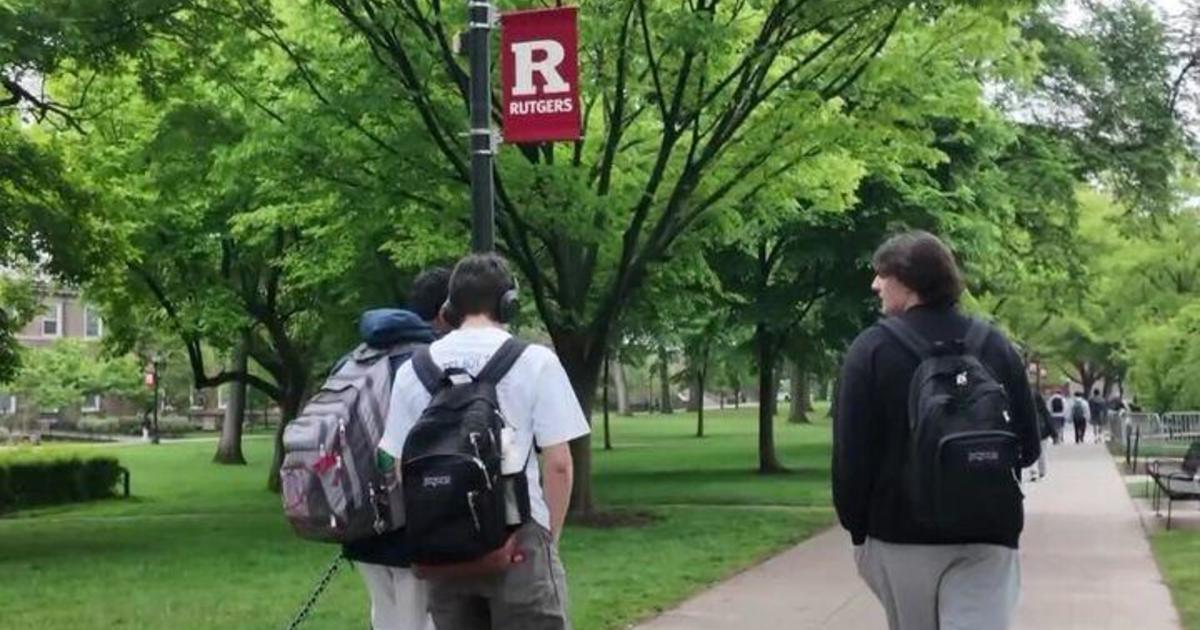Nassau County swaps pesticides for organic kelp to treat golf course fairways
OYSTER BAY, N.Y. -- There's a new effort on Long Island to treat golf course fairways with organic kelp instead of pesticides.
Sugar kelp is one of 30 varieties of large brown and green seaweed growing in salt water around us, and it's about to make a move to the golf course.
"We're starting off with our golf course, and that's why we call the initiative 'From Farm to Fairway.' Because when our waters need help, we grow kelp," Town of Oyster Bay Supervisor Joseph Saladino said.
The nutrient-dense, edible seaweed is a natural source of key minerals and vitamins and, when processed, is an organic alternative to chemical fertilizers.
"It's perfect because I think organic material is the way to go," Oyster Bay golfer Verghese George said.
"I'm all for it," Oyster Bay golfer Wansu Im said.
"Have you eaten kelp before?" CBS2's Jennifer McLogan asked.
"I did. It tastes good," Im said.
Chefs in the know are serving it all ways on Long Island. CBS2 visited efforts last summer in Peconic Bay, but this plan for kelp is a first in Nassau County.
"Normally, the kelp would degrade and the nitrogen would go back into the estuary, into the ecosystem, but by removing it and putting on the golf course, it basically closes the nitrogen loop," Adelphi University marine biologist Dr. Aaren Freeman said.
Kelp removes nitrogen pollution from the water.
"These aquaculture projects are phenomenal, and we really commend the town for making a commitment to finding innovative ways of improving water quality," said Carol DiPaolo, with the Coalition to Save Hempstead Harbor.
The kelp will be rinsed of the salt, dried in the sun until crispy, then put through a leaf chipper, and within a month, it will be ready to be dispersed.
If it works on the golf course, kelp will become routine replacement in town parks.
"Especially kids playing in the park, not being exposed to fertilizer," Oyster Bay park patron Ida Klaynman said.
Kelp, after providing food and shelter for fish and marine mammals underwater, is now helping keep land lush and pesticide-free.
Oyster Bay plans to grow and process 3,000 feet of kelp in the first year. That's the equivalent of 10 football fields.




